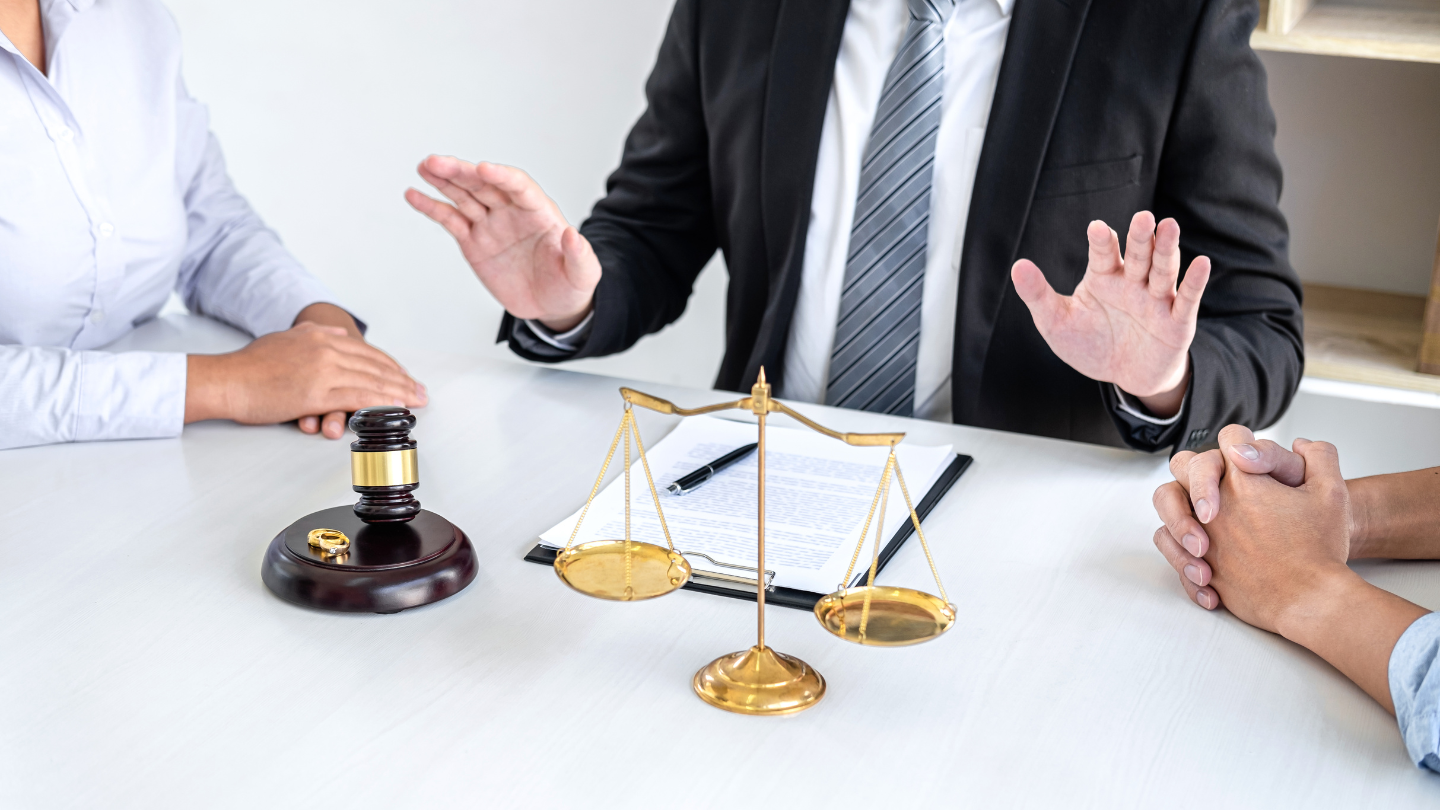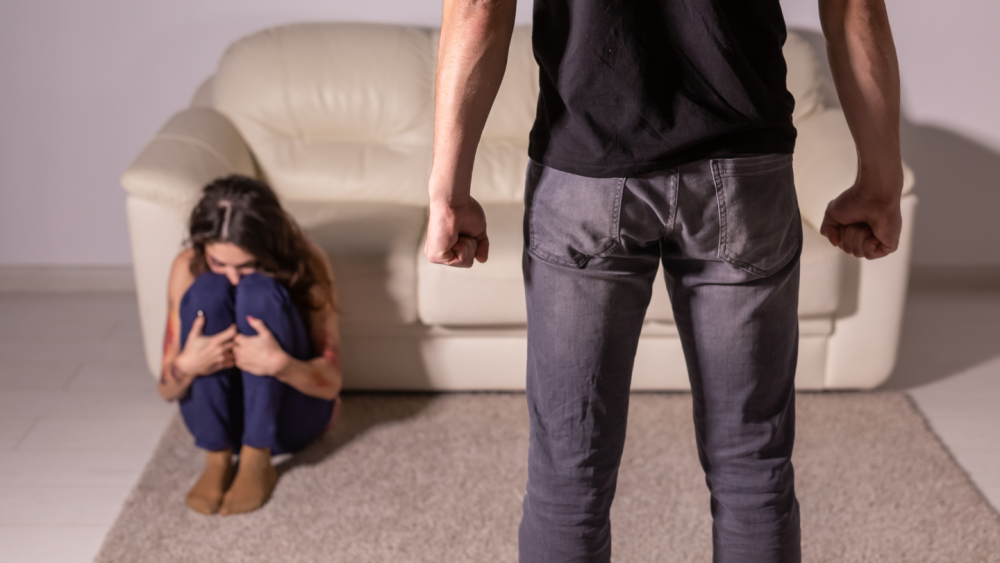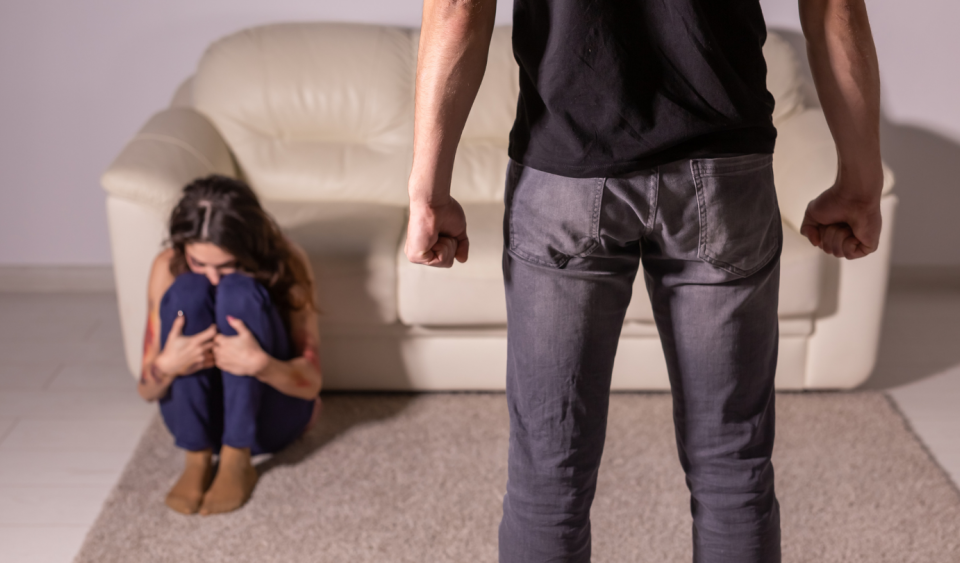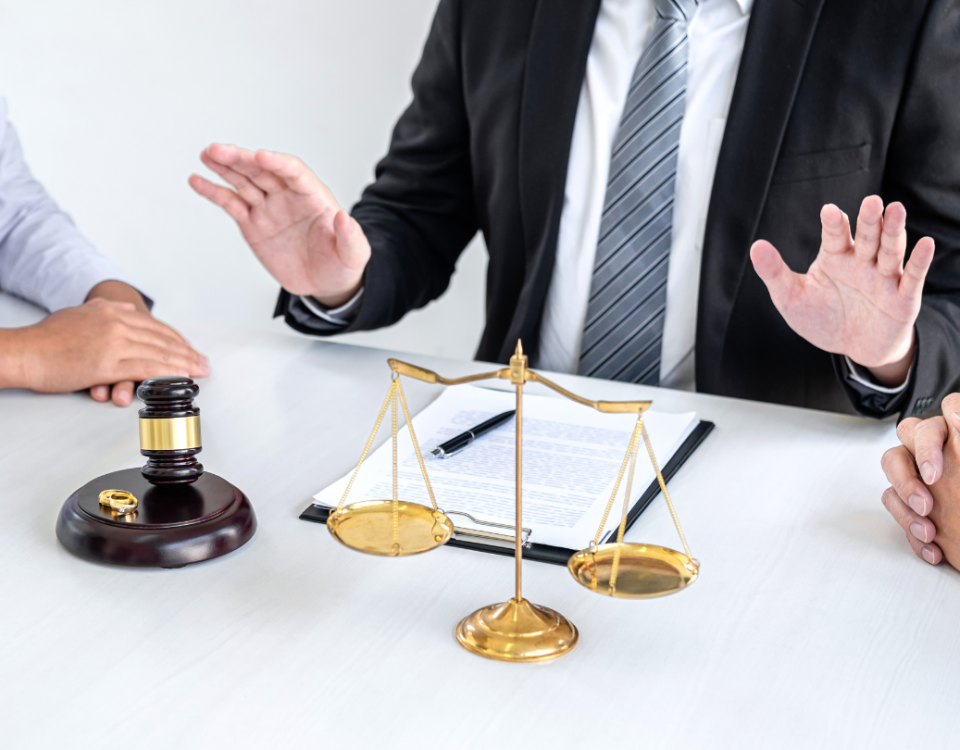
How to Find a Good Divorce Attorney Near You
January 30, 2023
Do I Need A Lawyer for Domestic Violence Charges?
February 25, 2023Key Takeaways:
The Importance of Legal Representation in Juvenile Court:
Having a skilled and experienced attorney is crucial when a child faces juvenile charges.
Differences Between Juvenile and Adult Court:
Juvenile court operates with distinct procedures compared to adult court. Minors are not entitled to a jury trial, and if found responsible, they face a disposition hearing instead of sentencing.
Confidentiality and Special Protections for Minors:
Juvenile court cases are generally confidential, protecting the minor’s future from public scrutiny. Additionally, minors in North Carolina have specific rights.
You do what you can for your child. You raise them right and try to give them every opportunity in life. But while you can do everything right as a parent, kids make mistakes. They’re young, and they’re learning. Life happens.
Maybe they fall in with a bad crowd, are in the wrong place at the wrong time, or something else transpires. Or maybe they did nothing wrong at all. Whatever the case may be, if they find themselves with a date in juvenile court, you are likely wondering, “Do I need a lawyer for juvenile court?”
After all, they are being tried as a juvenile and not as an adult, so that is a good thing, right? Yes, you would rather have your child tried as a juvenile than an adult. But the key word there is “court.” You might want to teach your child a lesson and have them learn from their mistakes. But there is a time and a place for that. You can discuss household or school discipline later. What is important now is for you to protect your child and their future. You need to know about the juvenile court system and why having an attorney is important.
What Is Juvenile Court?
Much of what happens within the court is similar to a traditional court system. However, there are some differences you need to be aware of.
- If your child is under the age of 18 prior to the incident, they will likely be charged as a minor. So the case will be heard in juvenile court. There are some exceptions, primarily for traffic offenses like speeding, reckless driving, driving without a license, and underage drinking and driving. But in the majority of cases, as long as your child is under 18, they will be in juvenile court.
- Just because a case starts in juvenile court, however, doesn’t mean it will stay there. For serious felonies, the prosecutor may push for your child to be tried as an adult in regular criminal court. It will be up to a judge to decide if the case will go to adult criminal court. If that happens, your child will face the same procedures and, if convicted, penalties as an adult.
- A child is not entitled to a jury to hear their case. Therefore, juvenile courts do not have jury trials. There is still a prosecution and defense. The trial procedure is similar to adult court, but there are differences, and a judge will hear the case and decide if your child did what they’re accused of. This is what is called an adjudication. It is like being found guilty or not guilty as an adult.
- If your child is found to have done what they’re accused of, the next step is what is known as a disposition hearing. This is like being sentenced in adult court. A juvenile court counselor will submit a report, and your child will be able to respond to it. After that, the judge will decide what sort of consequences your child will have to face. The order will take into account the seriousness of the incident and the specific circumstances your child is under, including school, home, personal attitude, prior juvenile history, and the like.
Do I Need A Lawyer For Juvenile Court?
Regardless of what your child is facing, you need to have an attorney on their side that is skilled and experienced with the juvenile court system. The investigation, procedures, and dispositions are different in a juvenile court than in an adult court. The prosecutor handles juvenile cases differently than adult cases. You need someone who is familiar with these differences. Someone who only handles adult charges and only appears in adult criminal court will likely not be prepared to deal with the nuances of a juvenile court. That attorney may not get your child the best outcome. Having an experienced juvenile attorney on your child’s side can be the difference not only between winning and losing a case but in whether the case is even heard at all. It can make a major difference in the disposition your child faces if they’re found responsible.
It may appear to you the facts of your child’s case are cut and dry. They may have been caught smashing a window. Maybe they were found to have alcohol, marijuana, or pills on them. They got into a fight at school or on the school bus. You may think the evidence can’t be denied. But that isn’t necessarily the case. Juveniles have some different protections from questioning that adults don’t have. An experienced juvenile attorney can make all the difference in whether the evidence comes in or not. But even after that, if your child is found to have done something wrong, they’ll be facing disposition. If you contact the law offices of Wilson, Lackey, Rohr & Hall. P.C., on behalf of your child, they will receive a free consultation about their case. We will answer all your questions and those of your child as well. And then, we will recommend what to do from there.
If your child is facing juvenile charges, you and your child need the facts about the court before making the next move. Don’t make a decision without gathering as much information as possible. Don’t wait on it. The juvenile court doesn’t usually stretch out like the adult court sometimes does. There aren’t as many juvenile cases, and the system wants to make sure that a child doesn’t have to wait a long time between the alleged bad behavior and its consequences. The developing mind of a child needs the two events to occur close in time. This means a hearing in front of the judge can happen quickly. Once you find out your child is facing juvenile charges, you need to begin your search for representation.
Avoid Adult Cases
If your child is being charged with what for an adult would be a serious crime, the prosecution may push to proceed against your child in adult court. You need a skilled juvenile attorney to fight on your child’s behalf to keep the case in the juvenile system. The difference in investigation, procedure, and sentencing is night and day between being tried as an adult versus and tried as a minor.
For example, right off the bat, if your child is held in juvenile detention or secure custody, it is a much better situation than being placed in the local jailhouse. In juvenile detention, they will be with other children of similar age, and they will receive schooling and other services. This way, once your child has resolved the case, they will be able to continue with their schooling as well as their life. There is hope they can keep up even with having gone through facing serious charges. In the adult system, there aren’t special services for a minor charged as an adult. They will just sit in a jail cell surrounded by adults. And the situation is similar for kids who go to youth development centers (YDC) as opposed to prison if they’re found to have done what they’re accused of. It is far more difficult for a minor child to recover from adult jail or prison than juvenile detention or YDC.
In addition, almost everything that happens in juvenile court is confidential. In adult court, almost everything is open to the public. You don’t want a single decision your child made when they were young to affect everything else they do from here on out. Yet another reason why keeping your child’s case in juvenile court is so important and why having an experienced attorney for your child can be so beneficial.
We all make mistakes. You did, and your child will, too. If their mistakes result in them being in juvenile court, you want them to stay in juvenile court. They need a strong defense with someone who is on their side. They need an experienced juvenile attorney who will advocate and fight for them. They need an attorney with Wilson, Lackey, Rohr & Hall, P.C.
Special Juvenile Rights in North Carolina
In North Carolina, a juvenile usually has the right to have a parent present during in-custody questioning. So, before the police, sheriff’s deputy, or other authority figures try to ask your child questions, a parent or legal guardian may have to be present. If that happens, you need to call an attorney right away. Don’t let your child answer questions until you and they talk to a lawyer.
Up until December 2019 in North Carolina, minors aged 16 and 17 who were charged with crimes would automatically be charged as an adult in the state’s criminal courts. But since the passage of “Raise the Age” legislation, this is no longer the case. As discussed above, if the case is nonviolent and non-traffic, your child, in all likelihood, will be charged as a minor.
Begin Your Child’s Legal Defense Today
You don’t expect to find yourself in a courtroom charged with a crime. Likewise, you don’t expect to be sitting in a courtroom with your child facing a juvenile delinquency petition. But if you do find your child facing juvenile court, you need to protect and defend their rights. As you would if you were charged, you want a skilled, knowledgeable, and experienced legal team in your corner. That is what you will receive when you partner with the law firm of Wilson, Lackey, Rohr & Hall, P.C. Whatever the case may be, if your child is in legal trouble, don’t leave your child’s fate to chance. Bring in your legal team today.





